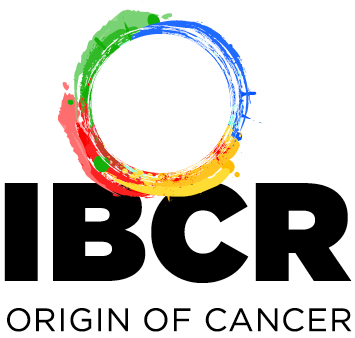WHAT WE ARE WORKING ON
Cancer is the second leading cause of death globally and every very sixth death in the world is due to cancer. Therefore, a better understanding of cancer development is of utmost importance in order to improve survival of cancer patients and reduce cancer-related mortality. Despite substantial progress in the cancer research field during the past decades, many unresolved questions remain of the highly complex course of cancer formation.
Our commitment to an improved understanding of cancer development becomes evident in our innovative approaches and interdisciplinary view and we, the team of IB cancer research, are passionate about basic cancer research. We aim for elucidating mechanisms, sustainably altered in tumor cells, eventually leading to cancer initiation and progression. With regard to this, we consider cells as highly dynamic systems, which continuously re-arrange cell structure, thereby following fundamental cell biological principles on a molecular as well as on a functional level (please also refer to „intention“).
In an attempt to revalidate the currently prevailing opinion that cancer is based on genetic mutations („somatic mutation theory“), we have developed a novel hypothesis on the origin of cancer. Please refer to the chapter „about us“ to find out more about the background of our theory. However, providing experimental evidence to support our view on cancer development is challenging and we aim to develop models to confirm our hypothesis.
Recently, RNA species have re-entered the focus of biomedical research as they have been linked with the emergence and progression of human diseases, such as cancer. RNA molecules have the ability to dynamically sample a vast number of conformations, in response to specific cellular cues. Thus, translated to our theory, dynamic RNA modifications might play a vital role in sustaining cell homeostasis, thereby contributing to maintain the non-equilibrium cell state. Accordingly, the ability of RNA modifications to switch cell fates has already been emerged as a contributor to cancer. Therefore, we believe that experiments, which focused on the RNA-based regulatory network during cancer development, could represent good models to translate our theory into experimentally valid data.
A549-cells changed differentiation and growth behaviour
when cultured on defined coated culture flacks.
time lapse movie
